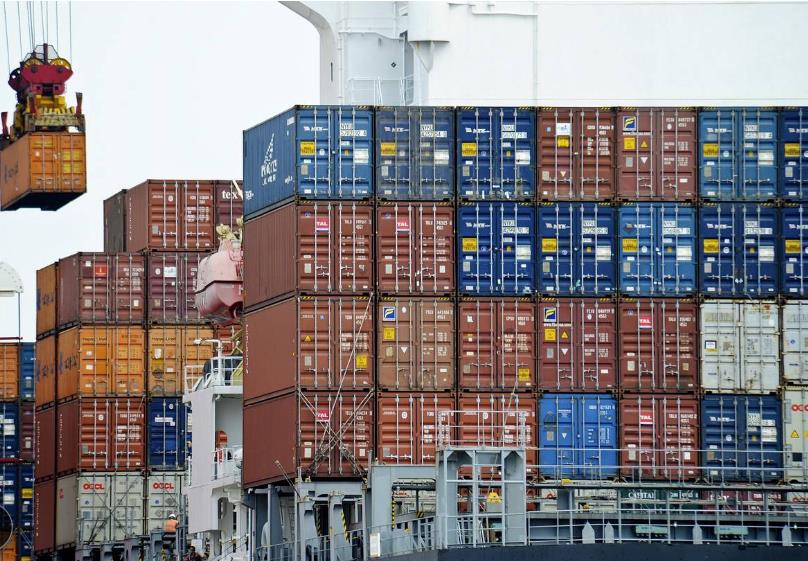Media Report

- Reuters reports that a Chinese naval fleet held a scheduled military exercise with the Russian navy in St. Petersburg and Kaliningrad on Sunday in the first of planned exercises this year to strengthen their cooperation, state news agency Xinhua reported. The "Joint Sea-2017" exercise follows similar ones held last year, and more exercises will be held in late July in the Baltic Sea, and in mid-September in the Sea of Japan and the Sea of Okhotsk, it added.The Chinese fleet, which sailed out from Hainan province in southern China, consisted of the missile destroyer Changsha, missile frigate Yuncheng, a comprehensive supply ship, ship-borne helicopters and marines, it said.China and Russia are veto-wielding members of the U.N. Security Council, and have held similar views on many major issues such as the crisis in Syria, often putting them at odds with the United States and Western Europe.They have previously held naval drills in the fiercely-contested South China Sea which China, Brunei, Malaysia, the Philippines, Taiwan and Vietnam have rival claims over. Xinhua said the theme of this year's drills was "joint rescue and protection of maritime economic activities".
- The National Interest comments, "Being involved at the nascent stage of the Belt and Road Initiative is crucial because this type of rules, norms and structures of organizations and networks tend to persist in their original forms. The founder's imprint is long lasting, and outsiders seeking to influence developments at a later stage often fail. The sheer size of the BRI makes this worthwhile consideration: The project may become the world's largest platform for international economic cooperation, serving over 65 percent of the world's population and covering a quarter of global flows of goods and services."
- "Two years after China first set off investor alarm bells worldwide with a stock market crash, a slumping currency and concerns over rising debt, many investors have put those concerns out of mind. Shares of Chinese companies traded in Hong Kong and other places outside the mainland have surged to their highest levels since the crash, beating markets in other developing countries, as investors embrace China's thriving technology and consumer scenes. Even in China, where the long-downtrodden domestic stock market still suffers from investor skepticism and government meddling, local shares enjoyed a run-up for much of this year before falling back recently," reports The New York Times.
Calendar
- 2017-06-18 China launches crackdown on academic fraud
- 2017-06-16 As Trump Bets on China’s Help on North Korea, Aides Ask: Is It Worth It?
- 2017-06-15 ‘China Panic’: Beijing Envoy Accuses Critics of Fearmongering
- 2017-06-14 The Disappearance of a Chinese Deal Maker
- 2017-06-13 Panama Establishes Ties With China, Further Isolating Taiwan
- 2017-06-12 Protests Opposing China’s Crackdown on Housing Speculation Swell
- 2017-06-11 China Holds Firm to Its $5 Trillion Anchor as Fed, ECB Seek Exit
- 2017-06-09 The U.S. Is Ahead of China in AI Innovation—for Now
- 2017-06-08 China’s trade growth rebounds in May
- 2017-06-07 China Criticizes Pentagon Report, Laments U.S. ‘Cold War Mentality’
News
- The New York Times China Propels Rise of Electric Ultra-High-Performance Cars
- Reuters China issues security alert in Laos after national shot dead
- The Wall Street Journal With Facebook and Google Walled Off, China's Digital Ad 'Triopoly' Thrives
- Bloomberg News China Think Tank Says Trade Detente With U.S. May Not Endure
- NBC News China May Soon Establish Naval Base in U.S. Ally Pakistan
- The New York Times China, Where the Pressure to Marry Is Strong, and the Advice Flows Online
- Huffington Post Turbulence Injures At Least 26 On China Eastern Flight
- The Guardian Greece blocks EU's criticism at UN of China's human rights record
- Reuters Chinese state oil giants take petrol price battle to the pumps
- The Financial Times China launches crackdown on academic fraud
- Bloomberg Politics S. Korea Finance Chief Hopeful of Easing Tensions With China
- Reuters China, Russia held navy drill on Sunday: Xinhua
- The New York Times Some Global Investors See Fresh Worries in an Old Problem: China
Commentary
- Quartz A Chinese woman explains the connection between Buddhism and the movie Dangal
- The New York Times Mongolian Warriors and Communist Soldiers: A Frontier Town in China
- Al Jazeera Manufacturing the China Dream
- The National Interest What Nixon's Opening to China Can Teach Donald Trump about Dealing with North Korea
- Huffington Post China to Overtake US economy and Host World Cup in 2034
- The Diplomat Making the US Navy's South China Sea Presence Count
- The National Interest Why America Must Participate in China's Belt and Road Initiative
